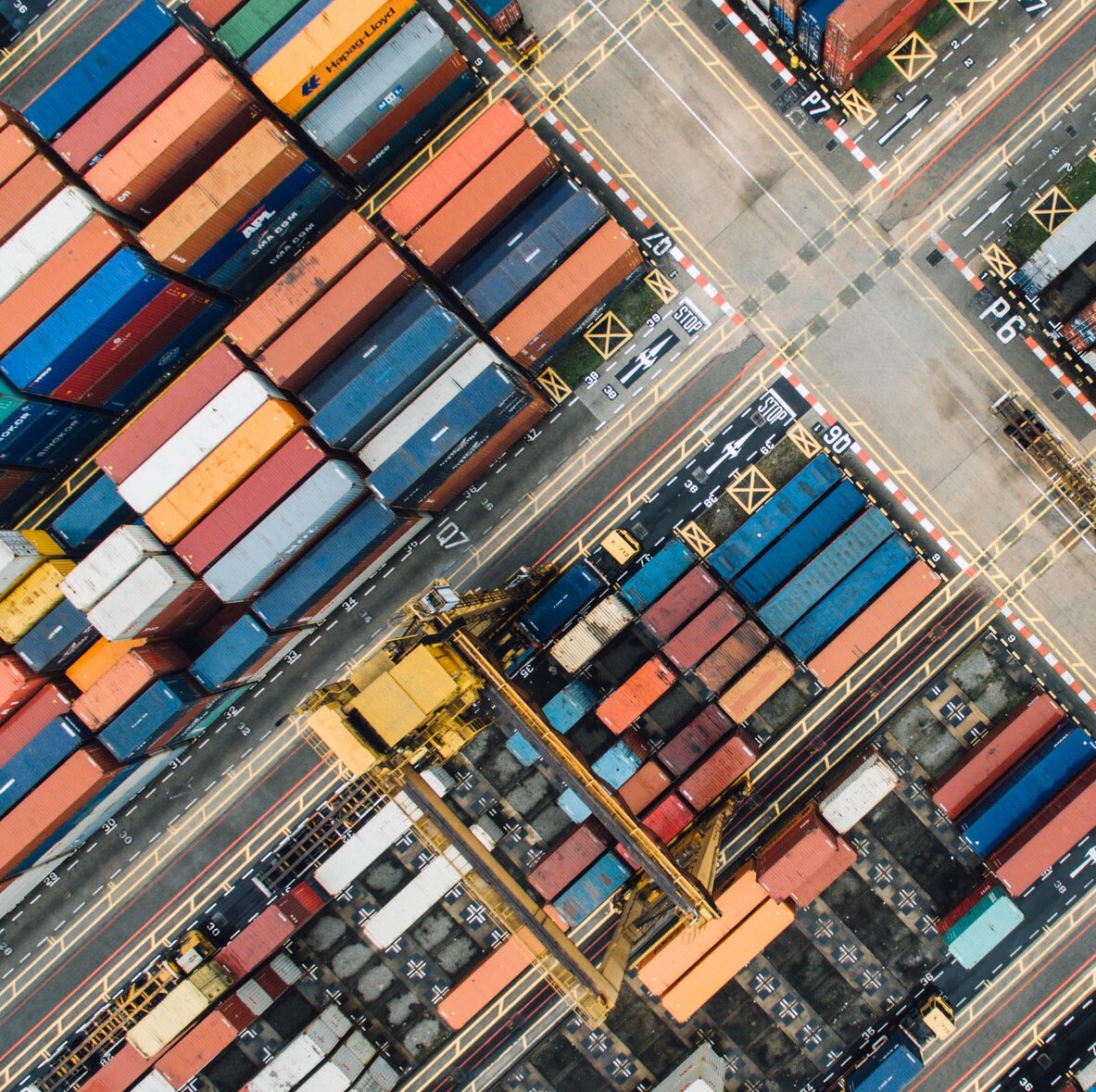Trade financing: Enabling trade-based economic recovery

Originally published in International Banker Magazine, November 2020
The COVID-19 crisis is unprecedented in reach, speed of contagion and spread—and in the depth of economic impact that will result. COVID-19 is devastating human beings, families, communities and businesses across the globe. It is doing so within the context of a persistent focus on trade wars, troubling evidence of narrow self-interest in international activities, and increasing disrespect from various circles for multilateralism and the norms of international engagement.
Despite all of this, it is clear that international trade is one of a very small number of commercial and policy areas of which the effects can ripple around the world to generate positive economic outcomes. Thoughtful observers are likely to agree that trade works best when it takes place on the basis of goodwill and genuine intent to trade to mutual benefit. Even in more adversarial postures, a rules-based approach is demonstrably most effective.
When trade is viewed through a holistic lens that recognises the increasingly interconnected nature of the human experience, its potential to advance recovery is perhaps even clearer. Interconnectedness is a reality that the COVID crisis itself has brought sharply into focus, showing, very clearly, how interdependent we are on multiple levels. To the degree, in fact, that ICC (International Chamber of Commerce) Secretary General John Denton stated at a recent (virtual) APEC (Asia-Pacific Economic Cooperation) meeting that “none of us are safe until all of us are safe”.
The most pessimistic discussions related to trade, which focus on reshoring and protectionist responses to the crisis, by implication also recognise how central trade is to the recovery. Where we diverge is in the vision of how this should happen.
COVID-driven lockdowns and sudden, drastic slowdowns in commercial activity in critical sectors will have a global impact that we cannot yet begin to quantify, with a timescale that we do not yet understand. The global financial crisis of 2008 was arguably significantly simpler, yet it took us a decade to recover, with clear lessons emerging about the limits of fiscal- and monetary-policy mechanisms.
In the current circumstances, one useful lesson to draw must be that the tools and mechanisms of economic recovery must be carefully but decisively deployed on a foundation that assures their efficacy and enduring positive impacts over the coming several years. Trade is just such a policy tool and commercial mechanism. Those in business, government and elsewhere entrusted with leading our collective economic recovery must work collaboratively to ensure that trade rests on the strongest possible foundation to help businesses of all sizes survive through—and thrive past—the COVID crisis.
It will not be sufficient to support and enable a return to the pre-COVID-19 “normal” definitions of success, and, indeed, what some considered poor policy then (such as deficit financing) may be critically necessary in the current circumstances. Fundamental processes of leadership and management, such as planning budgets for nations or companies, will prove challenging; regulatory standards around the definitions of financial or commercial default may require a rethink…and the list goes on.
A few things are clear, however.
The role of banks and the financial sector will be critical, and the linkages between financial firms and the societies they serve and in which they thrive will be further highlighted as we work through the crisis. To date, responses have been swift and constructive, with regulatory authorities such as the Basel Committee on Banking Supervision likewise promptly reacting to provide some degree of capital relief in the early days of the crisis.
To read the whole article, click on the link below:
https://internationalbanker.com/finance/trade-financing-enabling-trade-based-economic-recovery/